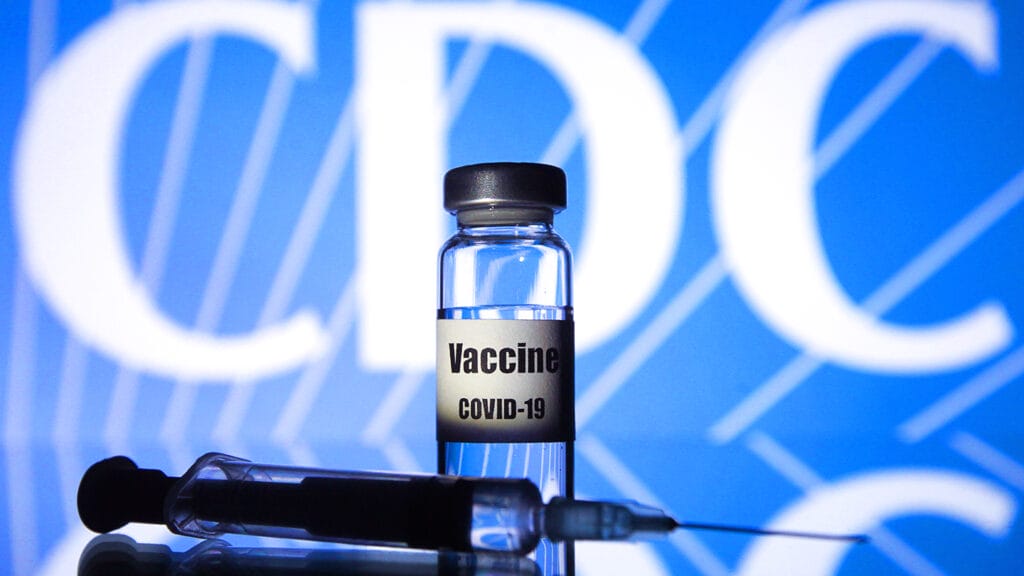
Everyone wishes COVID was over, but the frustrating reality is that the disease still is present, and older adults remain at greater risk than younger adults for both contracting the virus and suffering dangerous outcomes.
A new tool, “Comp Cog AI,” uses artificial intelligence to evaluate how likely an individual is to get a COVID booster shot based on demographic characteristics.
Knowing the likelihood an individual will accept a booster shot could help senior living and care providers in crafting appropriate messaging and incentives to maximize safety protocols.
The AI innovation was able to predict with “moderate to high accuracy” vaccine uptake rates, with age, income and education level being the three most significant factors, according to new study findings.
“Despite COVID-19 vaccine mandates, many chose to forgo vaccination, raising questions about the psychology underlying how judgment affects these choices,” the study authors wrote. “Research shows that reward and aversion judgments are important for vaccination choice; however, no studies have integrated such cognitive science with machine learning to predict COVID-19 vaccine uptake.”
The lingering threat of COVID is significant enough that the Centers for Disease Control and Prevention recently recommended that older adults receive another booster vaccine shot by this fall.
An important finding of the research is that merely conveying information, or making vaccine details available, is not enough to change minds; instead messaging campaigns must look at context and what the study authors termed “judgment variables” to motivate behavior, although the study didn’t elaborate beyond that.
The senior living and care industry, and particularly nursing homes, still are working to escape the shadow of the pandemic and the high number of COVID deaths – almost 170,000 – that occurred in those facilities. (Calculating COVID-related deaths of assisted living residents nationally is more complicated.) Building administrators continue to try and encourage both long-term care residents and staff members to immunize, to demonstrate and ensure appropriate safety levels, McKnight’s recently reported.
The study was a joint project between experts at Northwestern University and the University of Cincinnati. The research was published Monday in the journal JMIR Public Health and Surveillance.


